How to read CIBIL report?
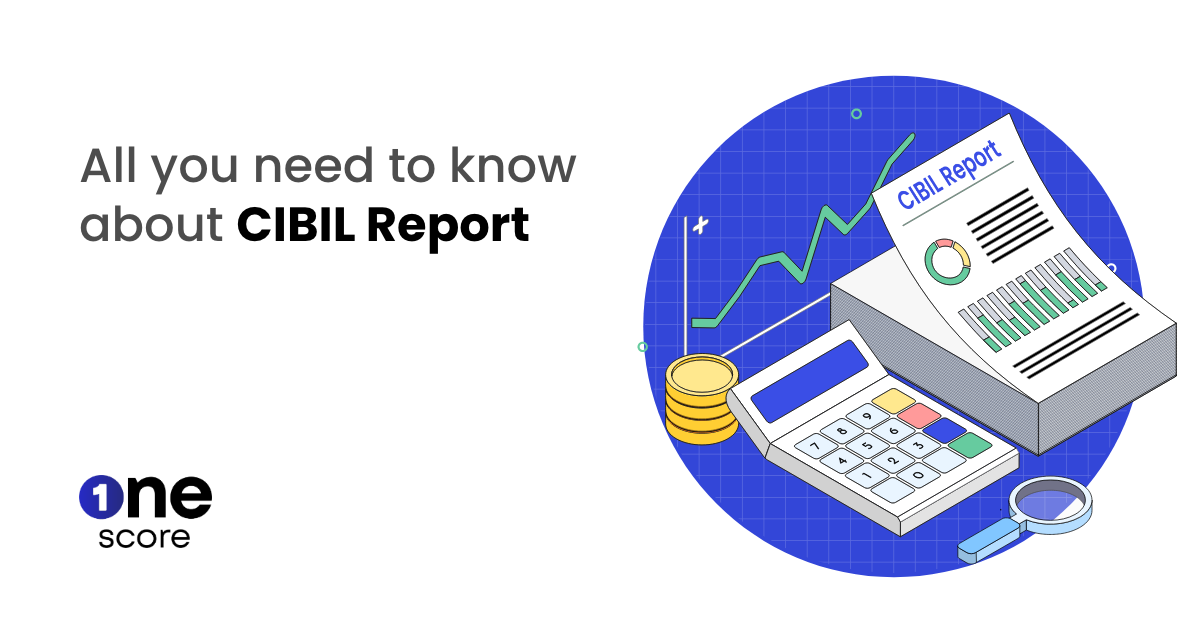
What is CIBIL Report?
CIBIL, founded in 2000, manages India’s credit information for individuals and financial institutions. It generates timely reports, helping individuals understand their credit repayment behaviour and sanction loans and credit cards. Knowing what is CIBIL score and how to read CIBIL reports is essential for your financial well-being. Learn about the various credit score ranges and ways to check cibil score and report.
How to Read a CIBIL Report?
Given below are different ways to read a CIBIL Report. Following these tips will make your task easy:
1. CIBIL Score
The first section of the credit report is your CIBIL score. Lenders do a CIBIL score check to determine your creditworthiness while evaluating your loan application. The 3-digit number ranges from 300 to 900. The range of your credit score depends on your past payment history and current obligations, payment defaults, and credit card usage. Sometimes, the score may indicate NA or NH, which might be there for the following reasons:
- No credit history
- No credit activities in the last few years
- No credit exposure, and all add-on credit cards
A score closer to 900 is favorable for obtaining new credit products. That means the lending institution will feel more confident in lending you funds.
2. Personal Information
The second section contains details like your name, gender, and date of birth. It also includes your identity information, like your PAN, Aadhaar number, voter ID number, passport number, and driver’s licence number.
3. Contact Information
The section contains your residential, office, temporary, and permanent address, email address, and telephone number.
4. Employment Information
The section covers details regarding your income and occupation when obtaining a new credit facility.
5. Account Information
This is the most important section of the CIBIL report. Your Credit Score largely depends on the information in it. It contains all the details regarding your past and current credit products. The section has a table comprising columns with your lender’s name, type of credit product, ownership type, account number, date of account opening, loan amount, date of last payment, outstanding balance, and a monthly record of payments. It contains DPD (Days Past Due), which is the number of days an account payment is due. The most positive values in this column are STD or 000. All other values imply past-due payments. XXX means that the bureau has had no payment-related information for the past few months. Similarly, 030 means that an account payment is late by 30 days.
6. Red Box
A red box above ‘Account Details’ indicates disputes in the account information. When you read your CIBIL report, you might see a red box next to the fields under dispute. You can have the box removed after closing the conflict.
7. Enquiry Information
The section contains information about any recent inquiries you or lenders have made regarding a credit application. Each time you make a credit-related inquiry, the lender performs a CIBIL score check to know your credit history. This inquiry gets recorded in the credit report. Too many credit inquiries within a short period represent credit-hungry behavior that makes lenders believe that you are a risky borrower.
Some Important Things You Need to Know While Analysing Your Credit Report
Here are a few things to keep in mind when analysing your credit report and checking CIBIL score range online for free:
- DPD (Dues Past Day): This represents the number of days since the repayment due date. Ideally, it should be zero.
- CN (Control Number): A 9-digit reference number for contacting CIBIL regarding report-related queries.
- Settlement Amount: An agreed-upon amount between the lender and borrower in case of a payment dispute, usually lower than the loan amount.
- Written Off Amount: The remaining amount from the total loan after a settlement between borrower and lender.
- NPA (Non-performing Asset): Payments overdue by more than 90 days.
- Amount Overdue: Unpaid payment to a lender, including loan installments and principal amount.
- High Credit: The total amount due from the borrower on an overdraft or credit card, including interest and fees.
- Written Off and Settled Status: Indicates a settlement or restructuring of the loan agreed upon by the borrower and lender.
Additional Read: Tips to Find Errors in Credit Report
What is CIBIL Score Range?
The CIBIL score ranges from 300 to 900. Any CIBIL score above 750 projects you as a capable borrower worthy of new credit. Finance providers have the right to reject your loan application if your score is below that threshold. Before applying for a loan or credit card, receive your CIBIL report on the bureau’s official website and read it carefully to see how it has segregated your information.
Here is a list of credit score ranges:
- 750-900: Excellent
- 700-749: Good
- 650-699: Satisfactory
- 600-649: Doubtful
- Less than 600: Needs Urgent Action
CIBIL calculates the credit score based on the following parameters.
- 30% weightage to your payment history, which indicates how consistently you have paid your past loan EMIs and credit card bills.
- 25% weightage to your credit utilisation, which is the percentage of available credit you use on average.
- 25% weightage to credit duration and type, which indicates your experience in handling different credit products.
- 20% weightage to factors like the number of credit accounts and credit inquiries.
How to Check CIBIL Score Range Online for Free with Onescore
Checking your CIBIL score range online for free with the OneScore app is very easy. Here’s how you can do it:
- Download the OneScore app from the Play Store or App Store.
- Open the app and click on “Check my Score”. Enter your mobile number that is linked with your PAN and Aadhaar card.
- Enter details such as your name, address, and email address.
- As soon as you enter these details, you will be redirected to a page where you can check your CIBIL score online for free.
| CIBIL Score Range | Creditworthiness | Approval Probability |
|---|---|---|
| Less than 600 | Poor | Low |
| 600-649 | Fair | Medium |
| 650-699 | Good | Medium-High |
| 700-749 | Very Good | High |
| 750-900 | Excellent | Very High |
How To Make Your CIBIL Score Good
A CIBIL score above 750 is considered excellent. If you have a lower score than this, you may face difficulty getting loans. It is best to work on your credit score and improve it before applying for a loan.
Here’s how you can improve the range of credit score-
- Making timely loan repayments and paying credit card bills on time.
- Not using credit cards to their limit, and paying off all dues as quickly as possible
- Using a reliable platform such as the OneScore app to frequently check your credit score and track your improvement over time.
Frequently Asked Questions
-
How do I read my CIBIL report?
Reading your CIBIL report involves understanding the different sections, such as personal information, credit summary, account details, and credit inquiries. -
What is the range 1 CIBIL score?
Range 1 of the CIBIL score typically refers to a score between 300 and 599, which is considered to be in the lower range. -
How can I compare my CIBIL score range?
To compare your CIBIL score range, you can refer to the credit score ranges provided by CIBIL or compare it on the OneScore app and see where your score falls within those ranges. -
What is the range of total CIBIL score?
The total CIBIL score ranges from 300 to 900, with a higher score indicating better creditworthiness and a lower risk profile. -
What is CIBIL score range 600?
A CIBIL score range of 600 is considered fair and may impact your ability to qualify for certain loans or credit products. It is advisable to work towards improving your score for better credit opportunities.
If you haven’t yet checked out the OneScore app,download now
**Disclaimer: The information provided on this webpage does not, and is not intended to, constitute any kind of advice; instead, all the information available here is for general informational purposes only. FPL Consumer Services Private Limited and the author shall not be responsible for any direct/indirect/damages/loss incurred by the reader in making any decision based on the contents and information. Please consult your advisor before making any decision.
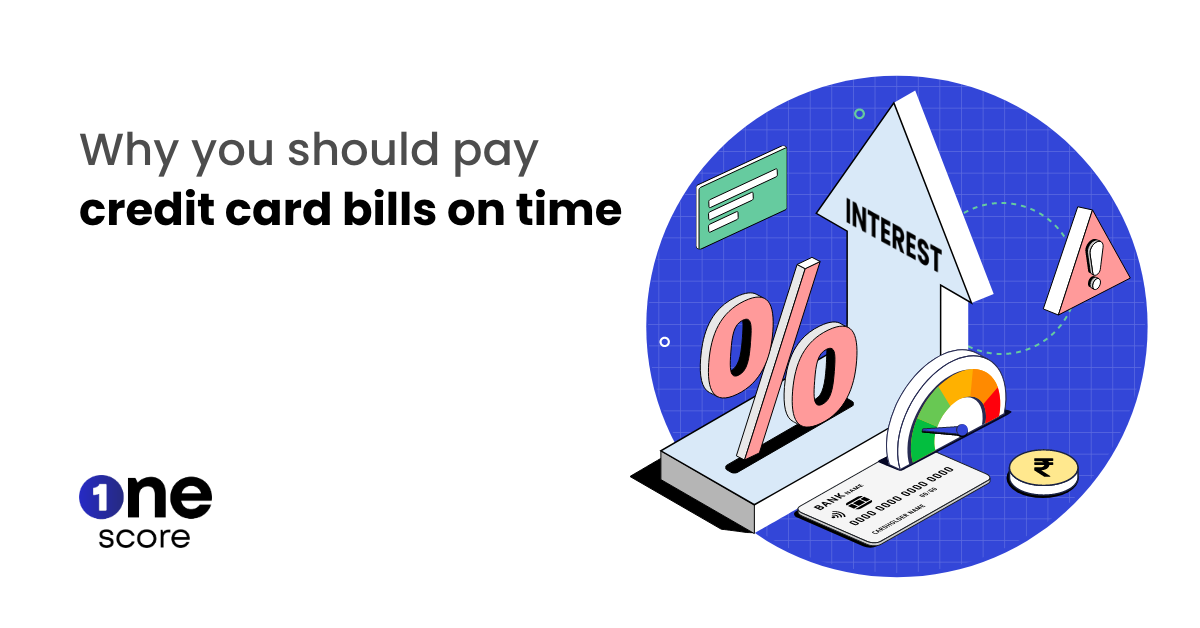
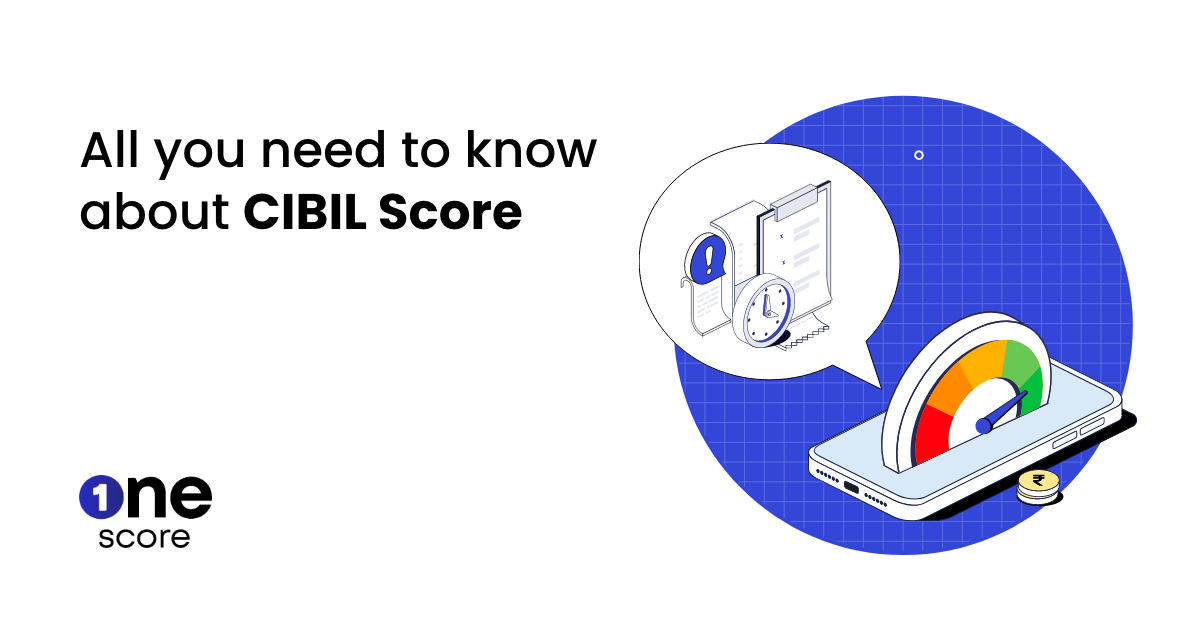
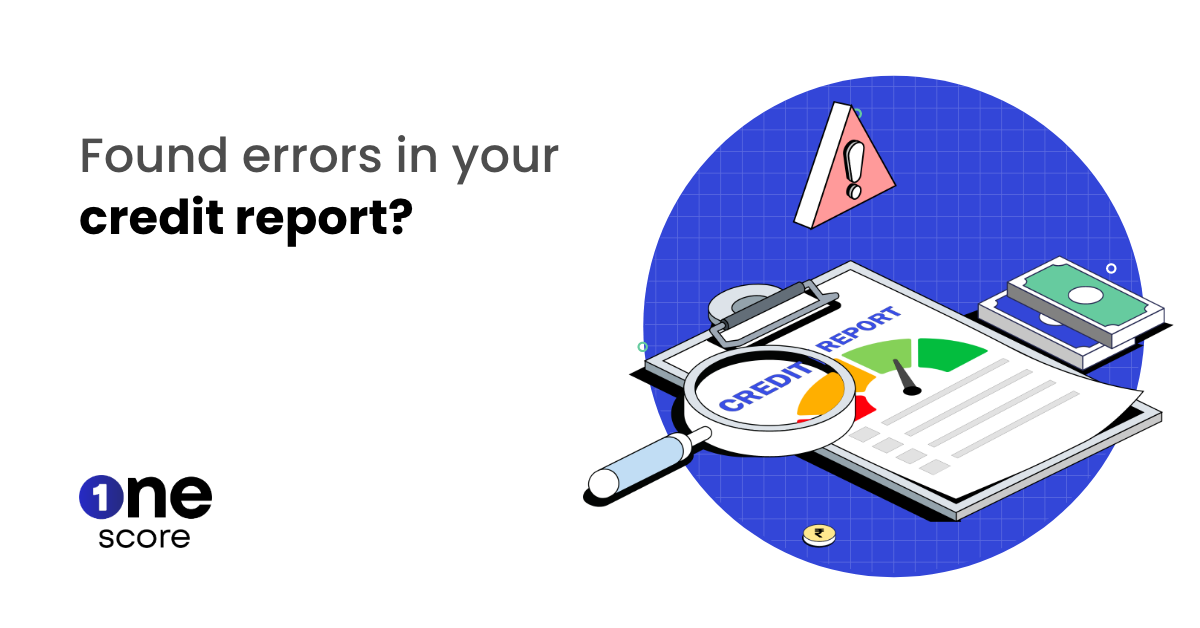
How to Report an Error on your Credit Report: A Step-by-Step Guide
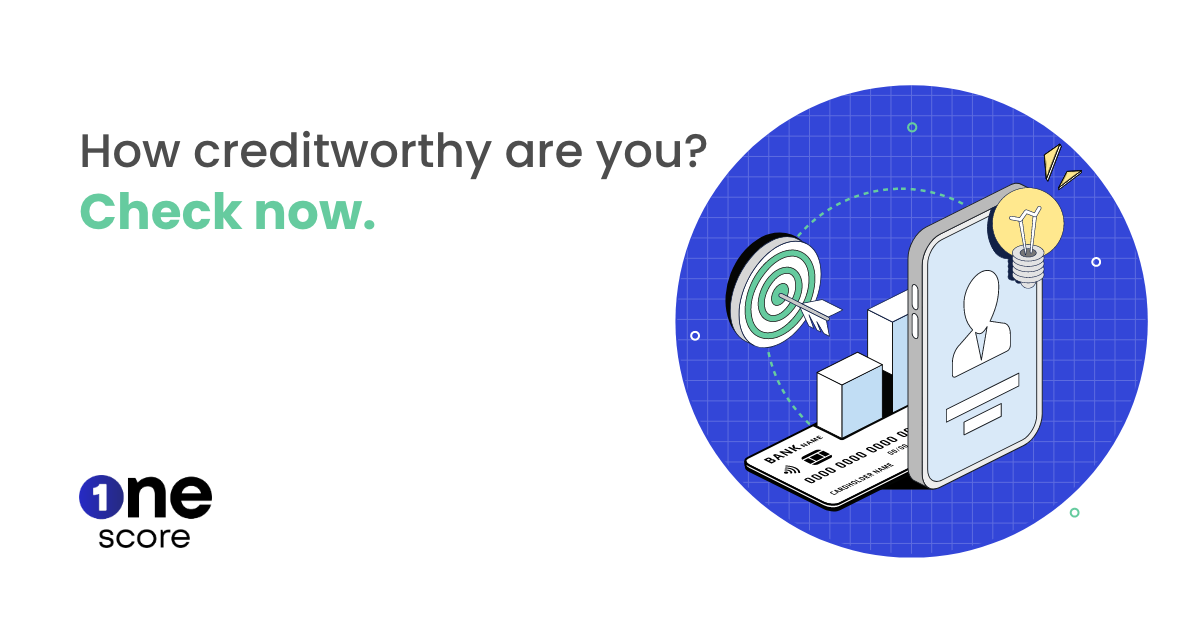
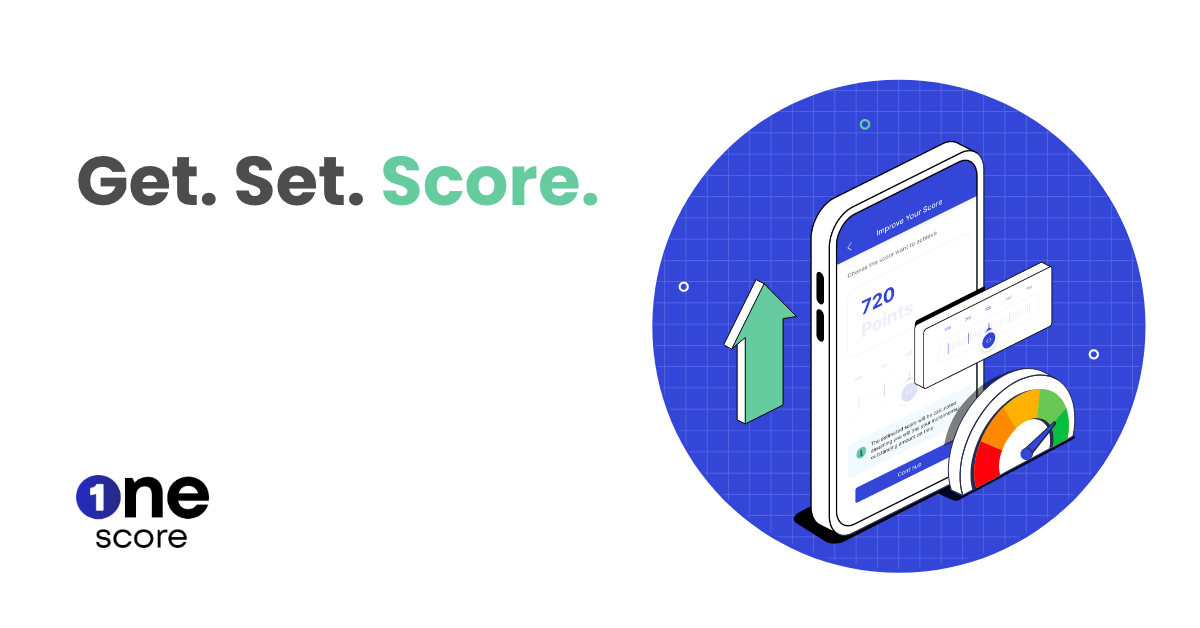
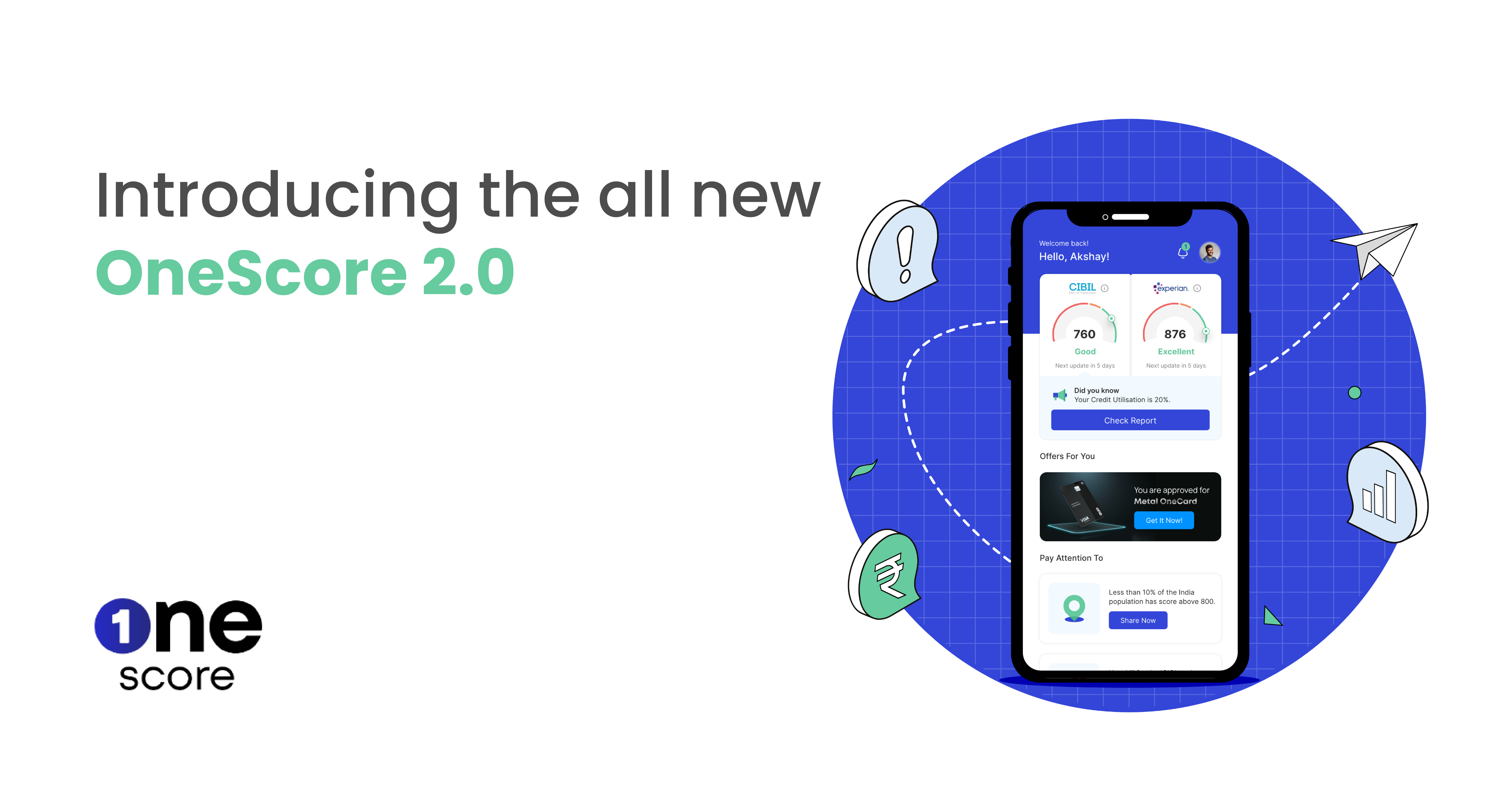
- OneScore , August 02, 2023

